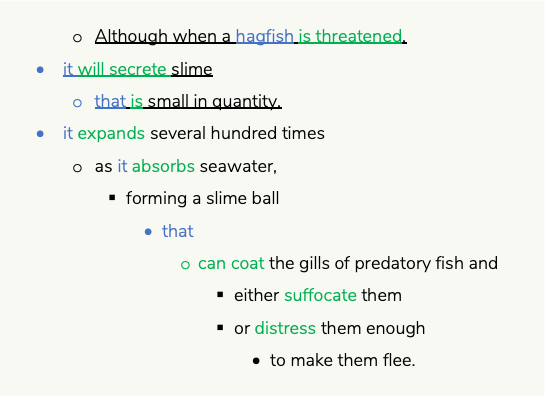Events & Promotions
|
|

GMAT Club Daily Prep
Thank you for using the timer - this advanced tool can estimate your performance and suggest more practice questions. We have subscribed you to Daily Prep Questions via email.
Customized
for You
Track
Your Progress
Practice
Pays
Not interested in getting valuable practice questions and articles delivered to your email? No problem, unsubscribe here.
- Nov 19
12:30 PM EST
-01:30 PM EST
Learn how Keshav, a Chartered Accountant, scored an impressive 705 on GMAT in just 30 days with GMATWhiz's expert guidance. In this video, he shares preparation tips and strategies that worked for him, including the mock, time management, and more - Nov 20
07:30 AM PST
-08:30 AM PST
Learn what truly sets the UC Riverside MBA apart and how it helps in your professional growth - Nov 20
01:30 PM EST
-02:30 PM IST
Learn how Kamakshi achieved a GMAT 675 with an impressive 96th %ile in Data Insights. Discover the unique methods and exam strategies that helped her excel in DI along with other sections for a balanced and high score. - Nov 22
11:00 AM IST
-01:00 PM IST
Do RC/MSR passages scare you? e-GMAT is conducting a masterclass to help you learn – Learn effective reading strategies Tackle difficult RC & MSR with confidence Excel in timed test environment - Nov 23
11:00 AM IST
-01:00 PM IST
Attend this free GMAT Algebra Webinar and learn how to master the most challenging Inequalities and Absolute Value problems with ease. - Nov 24
07:00 PM PST
-08:00 PM PST
Full-length FE mock with insightful analytics, weakness diagnosis, and video explanations! - Nov 25
10:00 AM EST
-11:00 AM EST
Prefer video-based learning? The Target Test Prep OnDemand course is a one-of-a-kind video masterclass featuring 400 hours of lecture-style teaching by Scott Woodbury-Stewart, founder of Target Test Prep and one of the most accomplished GMAT instructors.
Kudos
Bookmarks
itspC
Please correct me if I am wrong, but I do not understand which ambiguity are you talking about in option B's 'it'?
How is it not clear that 'it' refers a hagfish ?? Please explain??
Although a small quantity of slime is secreted by the hagfish, when threatened, it will secrete slime that is small in quantity,.......
I think the reason option B is wrong not because of any ambiguity, it is rather the meaning.
As per option B, the statement means that hagfish secretes slime and when threatened it expands.....
Whereas, the intended meaning is the hagfish secretes slime only if threatened...otherwise, it may or may not secretes slime. Let me know your thoughts, Thank you.
Kudos
Bookmarks
anonymous19
Which option are you referring to? I don't see it will secrete... in option B.
Kudos
Bookmarks
EducationAisle
What I meant was the core sentence's meaning. As per the main sentence, after adding option B, it states that hagfish secretes slime and when threatened it(hagfish) expands......
I was not trying to state option B here; I was simply trying to clarify what I understood of the sentence. I hope I was able to resolve your query. Thanks.
Best.



















